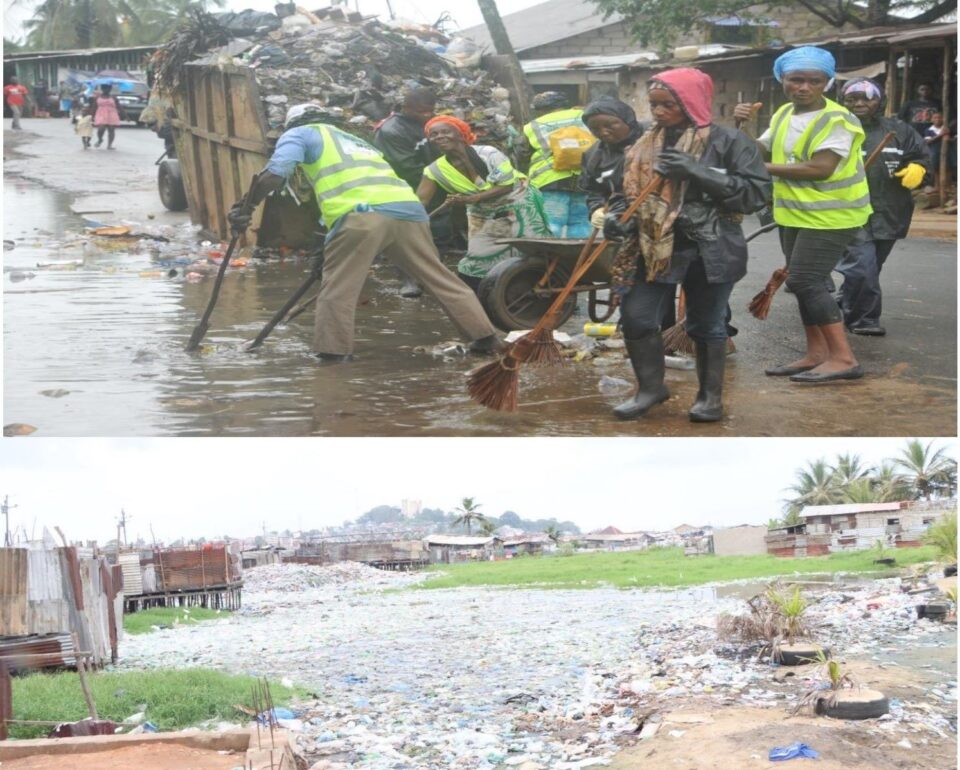By Salimatu Gilayeneh-Energy and Environment Programme Specialist (UNDP Liberia)
Monrovia, Liberia; June 2, 2025: Each year on June 5th, the world comes together to celebrate World Environment Day, a moment to reflect on our relationship with nature and reaffirm our commitment to protecting the planet. Liberia will join the global community in commemorating World Environment Day (WED) under the urgent theme: “Ending Plastic Pollution.”
This year’s celebration is not just symbolic—it is a national call to action, a moment to reflect, and a chance to recommit ourselves to the stewardship of our environment. It is not just timely—it’s urgent.
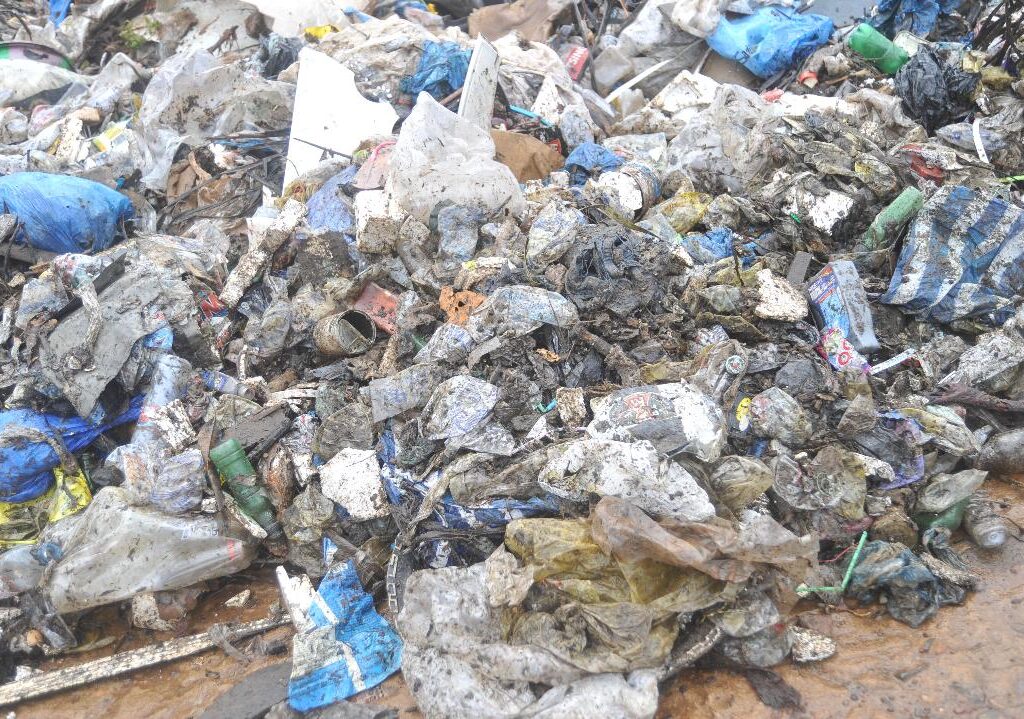
Plastic pollution is not just a global crisis—it is a Liberian crisis. From the clogged drains of Monrovia to the plastic-choked wetlands of SKD Boulevard, the evidence is clear: our environment is under siege. The consequences are dire—polluted water sources, degraded ecosystems, and increased vulnerability to climate change. But there is hope. And that hope lies in collective action.
The statistics are staggering. The world produces over 430 million tons of plastic annually, and much of it ends up in our oceans, landfills, and even our food. Plastic pollution is fueling what scientists now call the triple planetary crisis—climate change, biodiversity loss, and pollution. It’s a global emergency, and Liberia is not immune.
In Monrovia alone, plastic waste accounts for 14% of all waste, with over 1.3 million kilograms generated daily. Shockingly, 84% of this waste is not properly managed. Our wetlands—from Lake Piso to Mesurado—are choking under the weight of plastic debris. These ecosystems are not just beautiful; they are vital for flood control, water purification, and biodiversity.
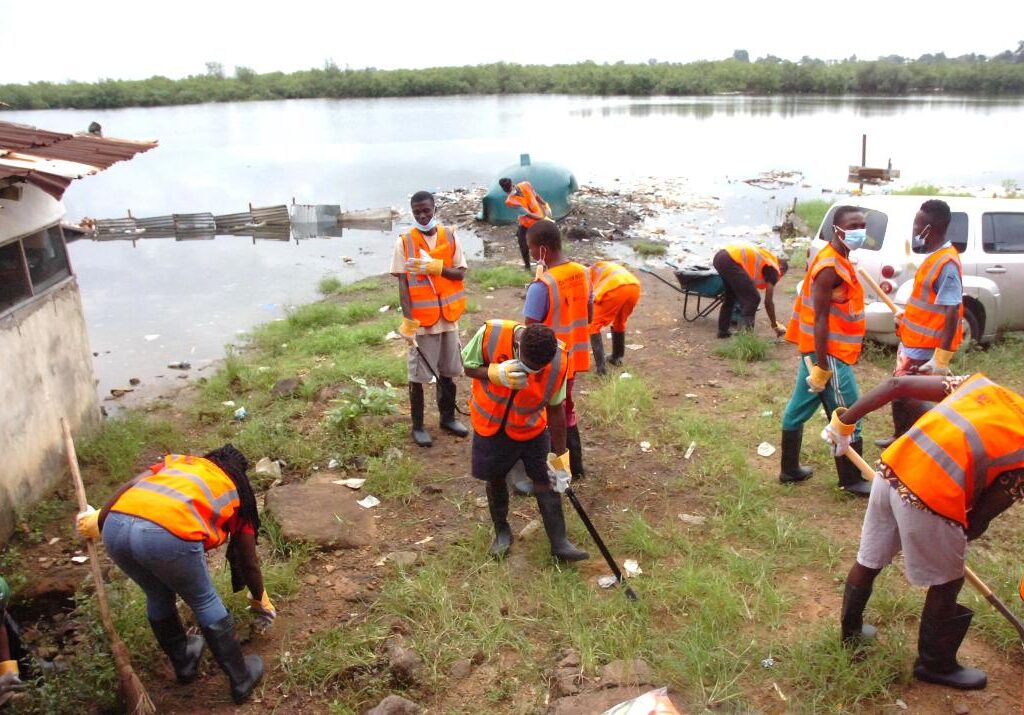
The fisheries sector, which contributes around 10% to Liberia’s GDP and supports 33,000 livelihoods, is under threat. Plastic pollution endangers marine life, contaminates seafood, and undermines food security. Even our drinking water is at risk, with microplastics detected in water sources, posing serious health concerns.
Flooding and outbreaks of disease caused by clogged drainage systems and unmanaged plastic waste are becoming increasingly common. Food security is threatened as plastic debris disrupts urban farming and contaminates soil, while public health risks escalate in densely populated communities such as Police Academy and Whein Town, where residents live dangerously close to unmanaged dumpsites.
Plastic pollution is more than an environmental issue—it’s a multifaceted challenge that impacts health, economic growth, and the nation’s development. Despite increasing awareness, progress is impeded by policy gaps, weak enforcement mechanisms, and a lack of robust recycling infrastructure.
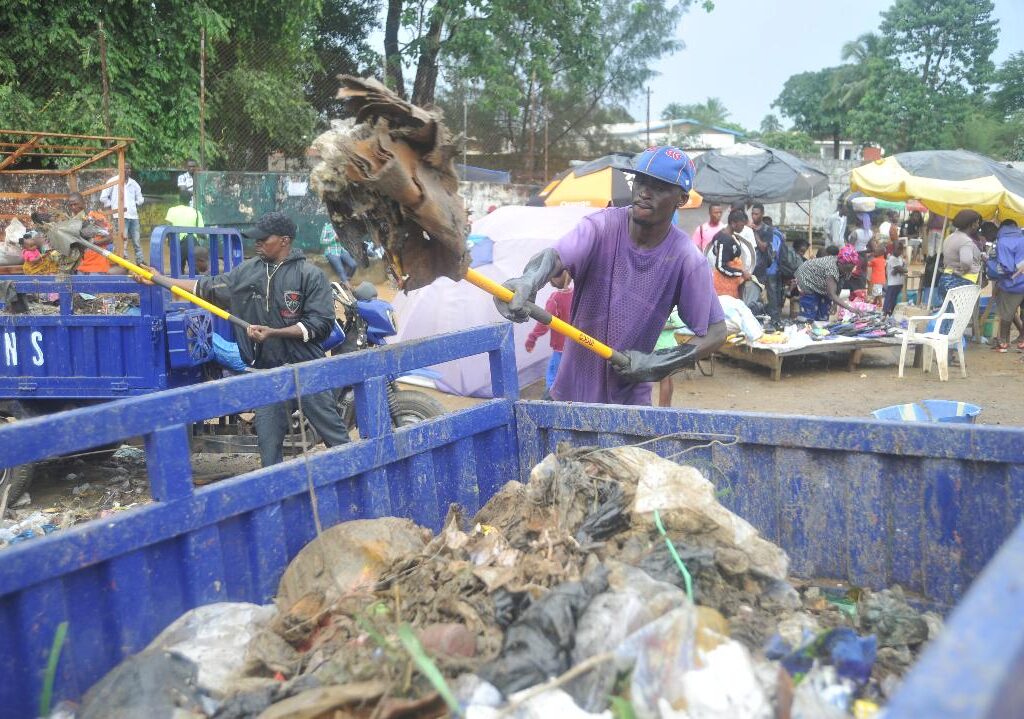
However, solutions are within reach. The global community is rallying together, notably with the landmark 2022 commitment by nations to negotiate a binding treaty aimed at ending plastic pollution. Liberia has a pivotal role to play—not just as a nation affected by the crisis, but as a proactive leader contributing to global efforts.
Highlighting the importance of innovation, this year’s celebration features the Science Project Initiative, where university students propose groundbreaking ideas to address land degradation and enhance resilience to drought. This initiative demonstrates that the fight against plastic pollution is not merely about raising awareness but taking concrete actions driven by creativity, collaboration, and leadership.
Ending plastic pollution requires a whole-of-society approach; government alone cannot solve this crisis. The government must take the lead in creating and enforcing robust policies that mitigate plastic pollution, promote sustainable practices, and encourage innovation in waste management. The private sector must innovate, invest in recycling, and adopt circular economy models.
Communities, mostly women and youth, must be empowered to lead grassroot actions from cleanups to education campaigns. Community-based waste management enterprises must be empowered to drive community-based plastic waste management.
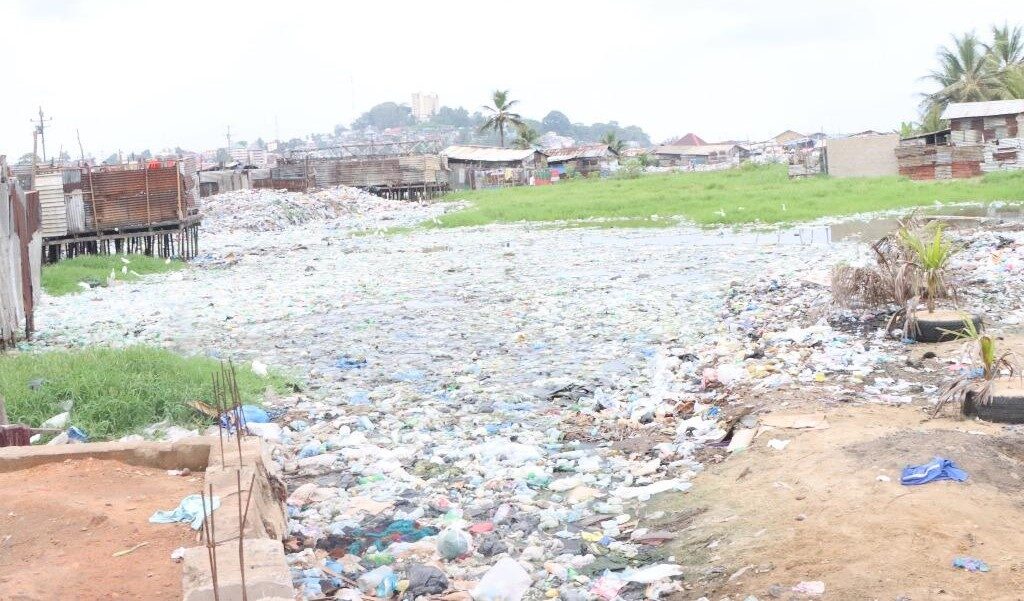
We need you—the market women from Red-light and Duala, the students and teachers from Tubman High, the University of Liberia, Cuttington University, community leaders from West Point, and Caldwell, etc. International partners must support with financing, technology, and capacity-building. Every action matters—whether it’s refusing a plastic bag, recycling a bottle, participating in community cleanups, or advocating for change—these efforts collectively pave the way for a cleaner, healthier Liberia.
Imagine a Liberia where plastic waste is no longer a threat but a resource—where biodegradable alternatives replace single-use plastics, and where communities thrive in a clean, resilient environment.
This vision is possible, but only if we act now. The fight against plastic pollution is a fight for our health, our economy, and our future. Let us rise to the challenge—together.
At UNDP, we are committed to supporting Liberia’s journey toward sustainability. Through our Inclusive Growth and Sustainable Development Pillar, we are working with the government, community-based waste management enterprises, and civil society to improve waste management, promote climate resilience, and protect biodiversity.
Between 2020-2023, the UNDP Liberia Country Office through the Environmental Protection Agency and the Livelihood Project supported MSMEs and CBOs such as Ever Green Recycling Institute, N’gheleh Enterprise Inc. and Green cities with grants to promote recycling activities, create awareness on Circular Economy models and Waste to Wealth Programs through the Innovative Waste Management Challenge.
In 2022, the UNDP in partnership with the Monrovia City Corporation (MCC) and collaboration with the United Nations Volunteer (UNV) Programme launched a Cash for Work clean-up campaign covering 10 communities (Jallah Town, Slipway, Vai Town, Plumkor, West Point, PHP, Saye Town, Buzzy Quarter, God Bless You Community and Bras and People’s United Community) in Monrovia and its environs to tackle the issue of poor waste management while providing short-term income to support livelihood for disadvantage communities, with emphasis on the young people.
UNDP has also worked with the Environmental Protection Agency, Paynesville City Corporation, and Monrovia City Corporation to establish a Multi-Stakeholder Waste Recovery Platform (MSWRP), a working group comprising all municipalities in Liberia to collaborate and coordinate in addressing waste management issues.
World Environment Day 2025 is more than just a date—it is an opportunity, a commitment, and a shared responsibility. Let us embrace this call to action by working together to end plastic pollution, protect our wetlands, and build a future where clean air, safe water, and thriving communities are the norm. The environment is not the charge of a select few—it is everyone’s responsibility.
#BeatPlasticPollution

